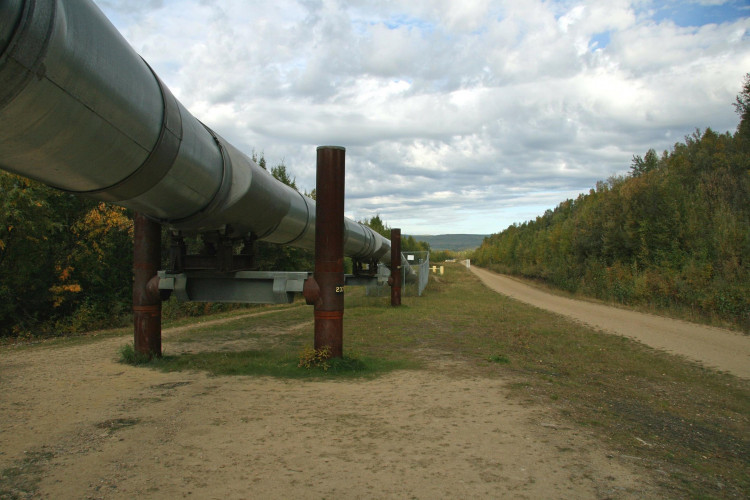A planned natural gas pipeline project that would have carried natural gas from Pennsylvania's shale fields to New York and New England has been scrapped.
Duke Energy Corp. confirmed that the four companies in the Constitution Pipeline has abandoned the 124-mile project. The almost $1 billion undertaking had faced a series of legal and regulatory obstacles.
The Williams Companies confirmed on Friday that it will not be moving ahead as planned with the pipeline construction that had been approved in 2014 but encountered heavy opposition, including one by New York state regulators.
The pipeline had been estimated to have a price tag of around $700 million when the project was first proposed in 2013. The setbacks and legal issues have since pushed the costs up by almost 40 percent.
While the project would have been on the other side of the state of Pennsylvania, there are local links: Williams' regional base is in Pittsburgh and the regional offices of one of its partners on the Constitution Pipeline, Cabot Oil and Gas, is also in the Pittsburgh area. The other partner is AltaGas.
Williams bared earlier that there had been a $354 million impairment fee on the Constitution Pipeline in the fourth quarter, which included $145 million for Williams. But during a meeting with analysts, the impairment penalty only came upon one occasion and there was no more discussion regarding the Constitution Pipeline, according to a document by Seeking Alpha.
Charlotte-headquartered Duke has a 25 percent stake in the pipeline venture. It took a $25 million impairment fee for the project in its fourth-quarter profits. Integrated with earlier impairments, which included a $42 million charge taken on the pipeline in 2018, Duke has written off its whole share in the project, sources said.
Duke became involved with the project in 2016, when it acquired Piedmont Natural Gas, which was an original investor. Part of the narrative behind the nearly $6 billion Piedmont contract was that it would put Duke in a strong position to play a bigger role in interstate pipelines and other natural gas projects.
Constitution was one of the biggest infrastructure ventures that Piedmont was involved in during the time. The other was the Atlantic Coast Pipeline, in which Duke was already a partner. One big hurdle to that project goes to the US Supreme Court on Monday for verbal arguments. Meanwhile, the issues that Duke has experienced in pipelines has not affected its interest, sources said.






